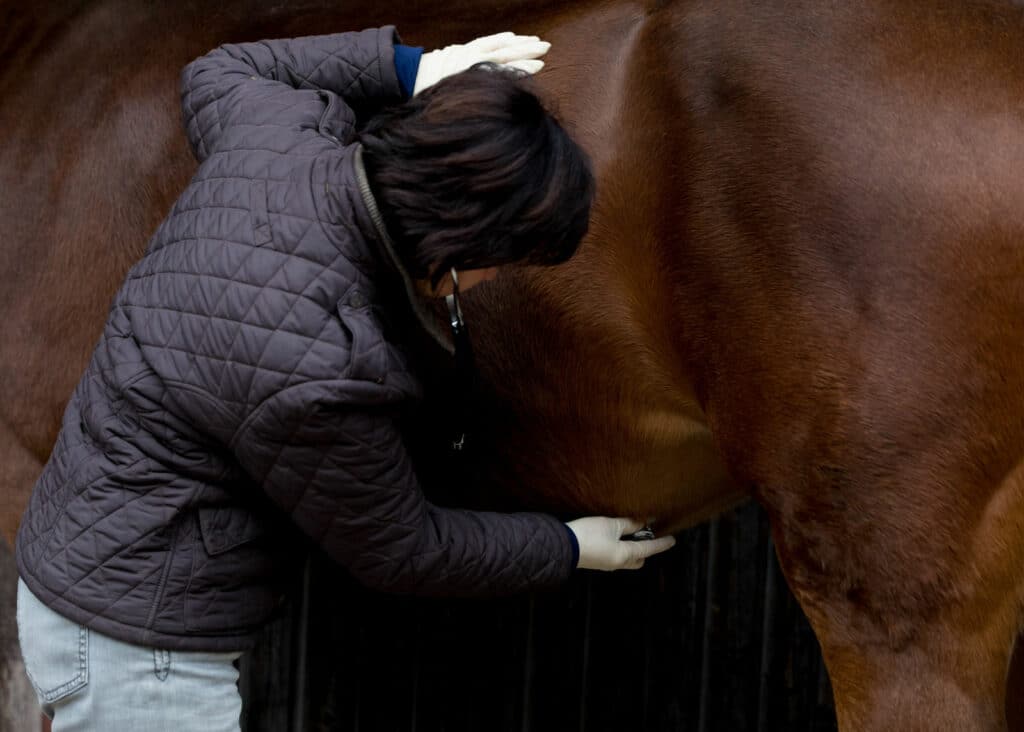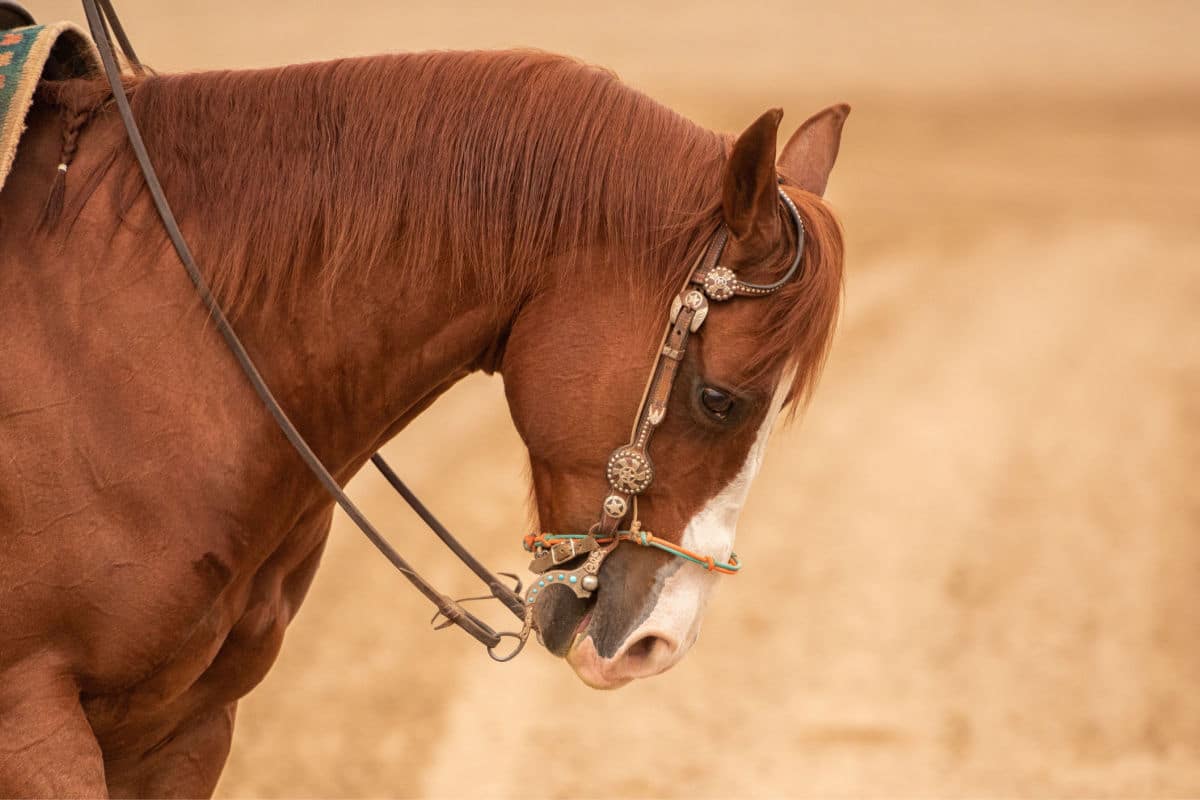The Summer Olympics are only a few months away, and the excitement is palpable as riders make final bids for the team and spectators pick their favorite horse-and-rider combinations. For the horses, however, the lead up to the Olympics is nothing but stress. Olympic candidates travel all over the country even before boarding a plane to London, and all of that travel — plus the challenge of competing — can really take its toll on a horse’s health.
You don’t have to be an Olympic contender to know that heading off to a horse show is stressful for both you and your horse, whether you’re flying to London or driving 10 miles down the road. Show Season Health: Tips For Safe (And Healthy) Travel is the first in a four-part series discussing how to keep your horse happy and healthy while you’re on the road, from what to feed him and how to care for him at a show, to getting him to and from the showgrounds. Be sure to subscribe to the SUCCEED blog to be sure you don’t miss the next part of this series.
What is Stress?
Stress is blamed for a variety of health complaints, from stomach ulcers to a horse going off his feed, but it’s important to realize that stress is primarily a response to external stimulus that disturbs or interferes with a horse’s normal physiological equilibrium. Stressors can include anything from new stall mates, to traveling, to the adrenaline of competition. Not all of these stressors are negative — a horse that loves to compete will still feel a rush of adrenaline/stress when entering the ring — but it’s important to remember that stressors cause physiological changes in your horse’s body that can affect his health.
Effects of Stress on Competition Horses
There are many external stimuli that can take their toll on a horse’s health. Travel-induced stress has been linked with a number of behavioral, physiological and pathological responses in horses, including:
- Elevated heart rate
- Pulmonary infections
- Suppressed immune system
- Decreased body mass
- Dehydration
These effects aren’t limited to Olympic athletes or horses on the professional, full-time show circuit, either. In a study published in the Journal of the American Veterinary Medical Association, a group of ulcer-free recreational horses were exposed to activities associated with going to a show without actually competing. Seventy percent of the horses developed ulcers within five days. That means that your local show may cause your horse as much situational stress as the Olympic trials, so it’s smart to do whatever you can to keep your horse stress-free on show day.
Alleviate Stress Through Routine
Horses are creatures of habit. Positive reinforcement and a healthy adjustment period help alleviate show-day travel stress, so spend some time re-creating the scene of a typical horse-show morning. Wrap your horse’s legs, load and unload him, drive around the block, or take a field trip to a local showground or a neighboring barn to mimic show-day conditions. Do this as often as it takes for your horse to realize that trailering doesn’t need to equal stress. And most of all, try to avoid disrupting your horse’s normal feeding schedule. Digestive imbalance can be caused by even the slightest change, leading to a bad attitude or poor performance on show day.
Help Prevent Stress With Good Digestive Health Before You Hit The Road
Stress is the single biggest cause of a suppressed immune system, and can leave horses (and people) vulnerable to illness and compromised performance on show day (and beyond). While the tips above can help alleviate stress on the day of travel, a healthy GI tract can go a long way toward giving your horse the boost he needs to overcome a compromised immune system.
Up Next in Show Season Health: Feeding Strategies For Show-Day Success
The next post in our series on Show Season Health will help you develop a strategy for feeding your horse while you’re on the road, helping to ward off the weight loss and dehydration that often accompanies travel and competition-related stress. Be sure to subscribe to the SUCCEED blog in order to stay up-to-date with the series.



